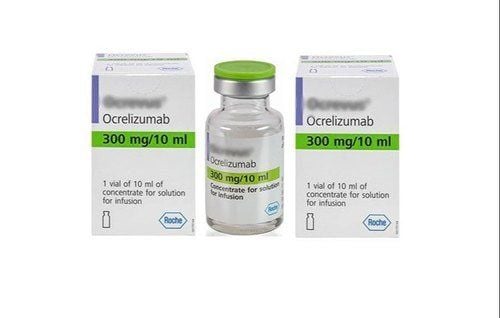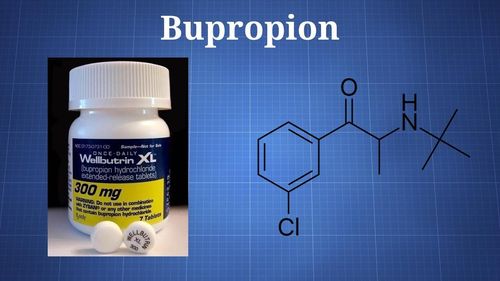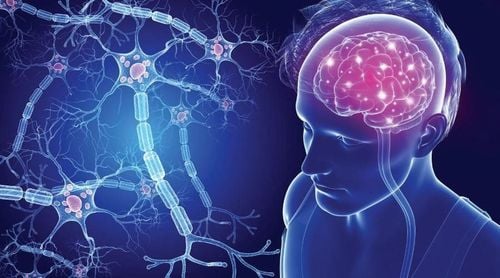This is an automatically translated article.
If you have multiple sclerosis (MS) you are more likely to experience depression, because it is in fact one of the most common symptoms of multiple sclerosis. Up to half of people with multiple sclerosis will experience depression at some point.1. The link between depression and multiple sclerosis
Chronic health conditions can affect your mood when this is especially true because multiple sclerosis makes it difficult to work or do the things you enjoy.
You may have sad feelings about things changing and these feelings will keep coming. The stress of having a chronic health problem can also cause depression. Researchers suggest that there are links between MS and depression. You may see MS described as a neuroinflammatory disease, which means it causes inflammation of the nervous system. That inflammation can lead to depression. MS can also damage areas of the brain that help control emotions. Some medications prescribed to treat it, such as corticosteroids and interferon drugs, can also cause depression or make it worse. Depression can affect anyone with MS and can manifest at any stage of the disease.

Mối liên hệ giữa trầm cảm và bệnh đa xơ cứng
2. Signs of depression
We may feel sad for a moment. However, if you've been feeling sad, depressed, or hopeless for more than 2 weeks, and you're not interested in doing or even doing things you normally enjoy, like eating, drinking, or playing, you may be showing signs of depression.
Some other symptoms of depression can look a lot like the signs of MS like feeling especially tired or having trouble concentrating and making decisions. That's why you should see your doctor if you think you might be depressed, as he or she will run some tests to make sure you have MS and see if your symptoms Is it related to MS or just a mood disorder?
3. What happens if you are depressed?
Treatment for depression will become part of the MS treatment plan. Your doctor will monitor changes in your mood and help you devise a treatment strategy that's right for you. As a result, your treatment plan will not be the same as for anyone else's with depression. Your doctor may recommend talk therapy, psychological treatment using antidepressants. If your doctor prescribes these drugs, you may have to try different doses, medications, or combinations to find out which works best for you.

Điều trị trầm cảm sẽ trở thành một phần trong kế hoạch điều trị MS
4. Steps to improve the condition
When you are diagnosed with depression, it is important that you follow your treatment plan and, moreover, manage your mood to the best of your ability. These are requirements for all people with MS, even if they are not depressed.
Daily exercise . Physical activity helps reduce stress and has a positive effect on brain chemicals that play a role in depression. It may also help ease MS symptoms. Stress . Stress is a part of life. However, with MS, the less stress you have, the better for your brain and body. Breathing exercises, yoga, meditation, and spending time with others are all effective ways to reduce stress. Connect. Having a good support network is important for all people with MS. Because feeling lonely or isolated increases the risk of depression. However, being around family and friends can make you feel better, and it also increases the likelihood that you'll get extra help when you need it. Feel free to talk about it. You may not want to move on with your condition, but sharing what you're going through can help you feel better. Seeing a mental health professional like a psychologist or social worker is a great idea. Also, talk about it with your friends and loved ones and think about joining a support group for people with MS. Being around people who are dealing with the same illness can help keep you from feeling alone. It can also give you new ideas to solve MS related problems. Prioritize rest and relaxation. Listen to your body and say “no” when you need to. Make sure you get enough sleep to give your brain and body a chance to recharge. If you spend a lot of time in bed and still feel exhausted, talk to your doctor as it may be time to change your treatment plan.
Currently, Vinmec International General Hospital is treating multiple sclerosis with autologous hematopoietic stem cell transplantation. Early treatment combined with examination and treatment by a team of qualified doctors, modern facilities and medical equipment will bring patients the best improvement in health and limit the risk of illness. negative influences.
Reference source: webmd.com













